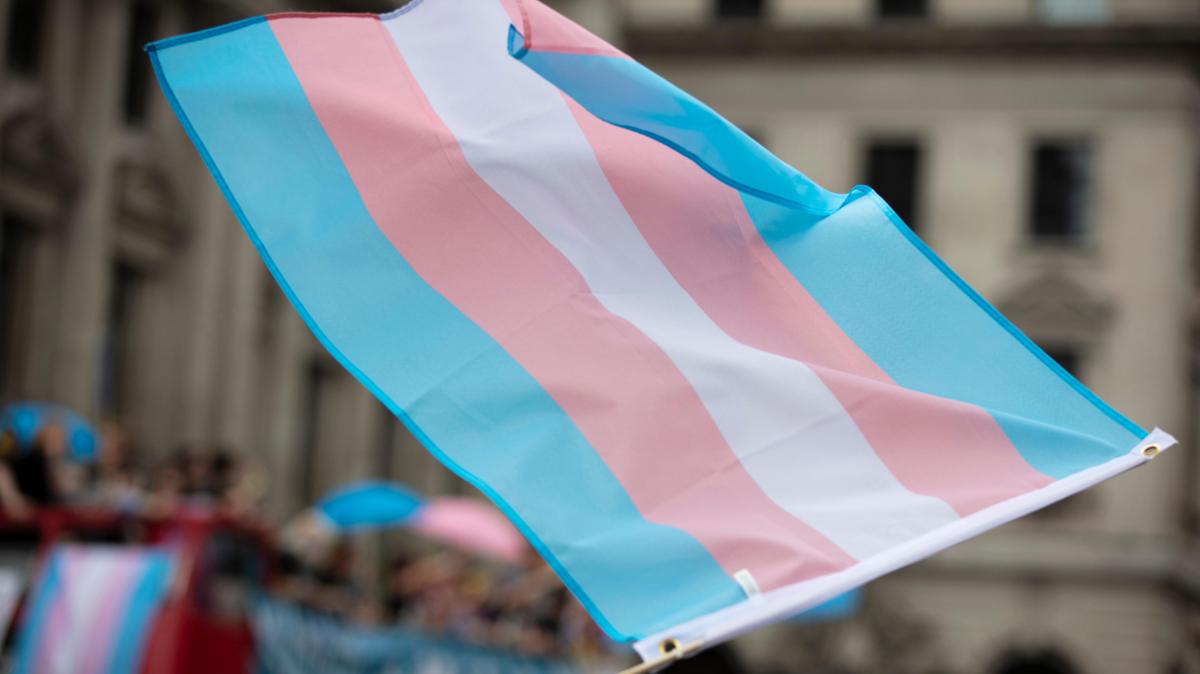
The first official data on the size of the transgender population in England and Wales is “seriously flawed”, a sociologist has claimed.
Michael Biggs, an associate professor at Oxford, writing in the Sociology journal, questioned the 2021 national census findings, which said there were 262,000 trans people in the UK.
Biggs said that the census question about trans people — which critics say confused respondents — was remarkably similar to one proposed by a transgender campaign group in 2007.
The 2007 question was rejected by another research group because of feedback that “non-trans people would not understand” it, especially if English were not their first language.
In the 2021 census by the Office for National Statistics (ONS), the London boroughs of Newham and Brent recorded the highest proportion of transgender people in England and Wales. Both boroughs have a high percentage of residents who speak English as a second language, prompting concerns the question may not have been fully understood.
Maya Forstater, chief executive of the Sex Matters campaign group, claimed that the ONS used a question “invented by trans lobbyists”, which was known to confuse people.
“Dr Michael Biggs’s painstaking work has exposed that figures produced by the ONS on the transgender population are totally unreliable,” she said.
“The statistics regulator is investigating, and we hope it will declare that the figures on gender identity are not fit to be recognised as ‘national statistics’.”
Support for Stonewall crumbles after Cass review
In 2021 the census — a questionnaire on British society carried out every ten years — explored gender identity for the first time.
Of the 262,000 people who indicated they were transgender, 118,000 did not provide further detail. About 48,000 people, or 0.1 per cent of the population aged 16 and over, identified as a trans man, and 48,000 as a trans woman.
About 30,000 identified as non-binary, and a further 18,000 people wrote in a different gender identity.

But another data release from the ONS showed that those who spoke English “not well” or “not well at all” were most likely to be counted as transgender: 2.2 per cent of them. This compared with 0.4 per cent of those whose main language was English or Welsh.
Biggs’s article, published last week, revealed that the ONS gender question was similar to a question proposed by Press for Change, a transgender campaigning group, in 2007.
From polysexual to gender queer: where did all the flags come from?
Press for Change’s 2007 wording was: “Is your gender identity the same as the gender you were assigned at birth?”
The 2021 census question asked: “Is the gender you identify with the same as your sex registered at birth?”
The question formulated by Press for Change was tested by NatCen, a not-for-profit
research organisation, on behalf of the Equality and Human Rights Commission in 2011.
NatCen’s transgender focus group “accepted that non-trans people would not understand
the question, especially if first language was not English”. One transgender respondent derided the question for its “ridiculous trans lingo” and it was eventually rejected by NatCen.
NSPCC pushed trans ideology on children, whistleblower claims
Biggs said: “ONS must have known — or should have known, as the NatCen report is available
online — that this question was completely unsuitable.”
He argued that it was now “imperative” for the Office for Statistics Regulation to declare the 2021 census figures “not fit for purpose”. He also called on the regulator to investigate the influence of lobby groups.
The ONS said of the question: “It is especially challenging to design a question when it involves a concept that may not be familiar to all. We go through a rigorous and thoughtful process to develop all questions, drawing on our expertise in question design, to help achieve the best results possible, setting out our findings transparently.
“The gender identity question went through a testing process which involved trans and non-trans people and, through the 2019 census rehearsal, people who did not have English as their main language before the final wording was confirmed through legislation.
“We have made clear where there is uncertainty in the estimates. Our users have told us that they expect higher uncertainty around census estimates for this topic, particularly as it is a voluntary question, and are not solely relying on the census estimates in isolation.”



